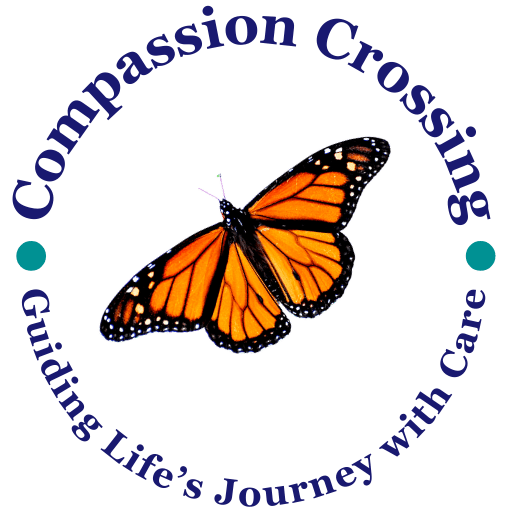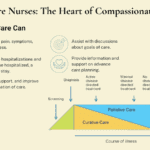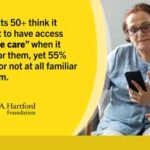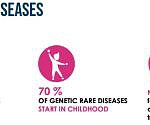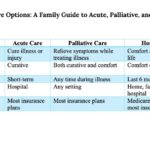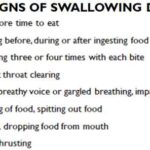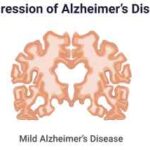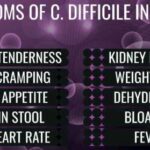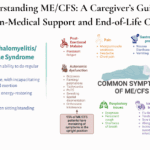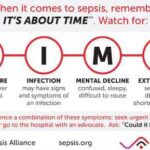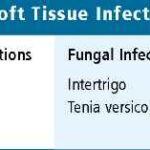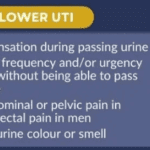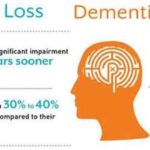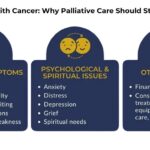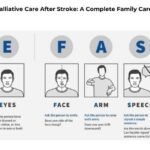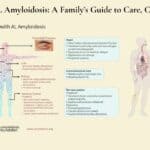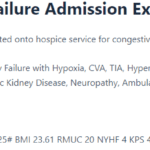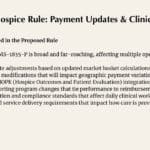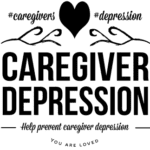Author: Peter Abraham, BSN, RN
Peter Abraham, BSN, RN, is more than an experienced nurse—he is a dedicated advocate for nurses, caregivers, families, and patients during life’s most important transitions. With a background in cardiology, medical-surgical care, and long-term care, Peter has supervised outstanding rehabilitation, rural hospice, and palliative care teams as a case manager and admissions nurse.
Through Compassion Crossing, Peter offers inspiring articles and books and practical support for advance care planning, transitions from health to chronic or terminal illness, hospice and palliative care education, legacy projects (including videography and photography), medication review, and vigil planning. His goal is to help caregivers, family members, and fellow nurses feel prepared, supported, and uplifted throughout their journey. We're here to help you during this difficult time. Schedule a free conversation with Peter to see how we can support you, someone you care about, or your organization.
His dedication to compassionate care led to the establishment of the Peter Abraham Wound Care Scholarship, which offers education in wound care. This scholarship, associated with the theme of “Wound Care: Enhancing Healthcare for the Aging Population,” underscores Peter’s commitment to improving care for those in need.
When Peter is not working or writing, he finds joy in each moment spent with his wife, Laura, and their two rescue dogs, immersed in the inspiring beauty of central Kentucky, USA. To learn more about Peter, you can listen to an interview by Marie Betcher, RN, on her Hospice Explained Podcast Series and subscribe to his YouTube channel at https://www.youtube.com/@NursePeter.
